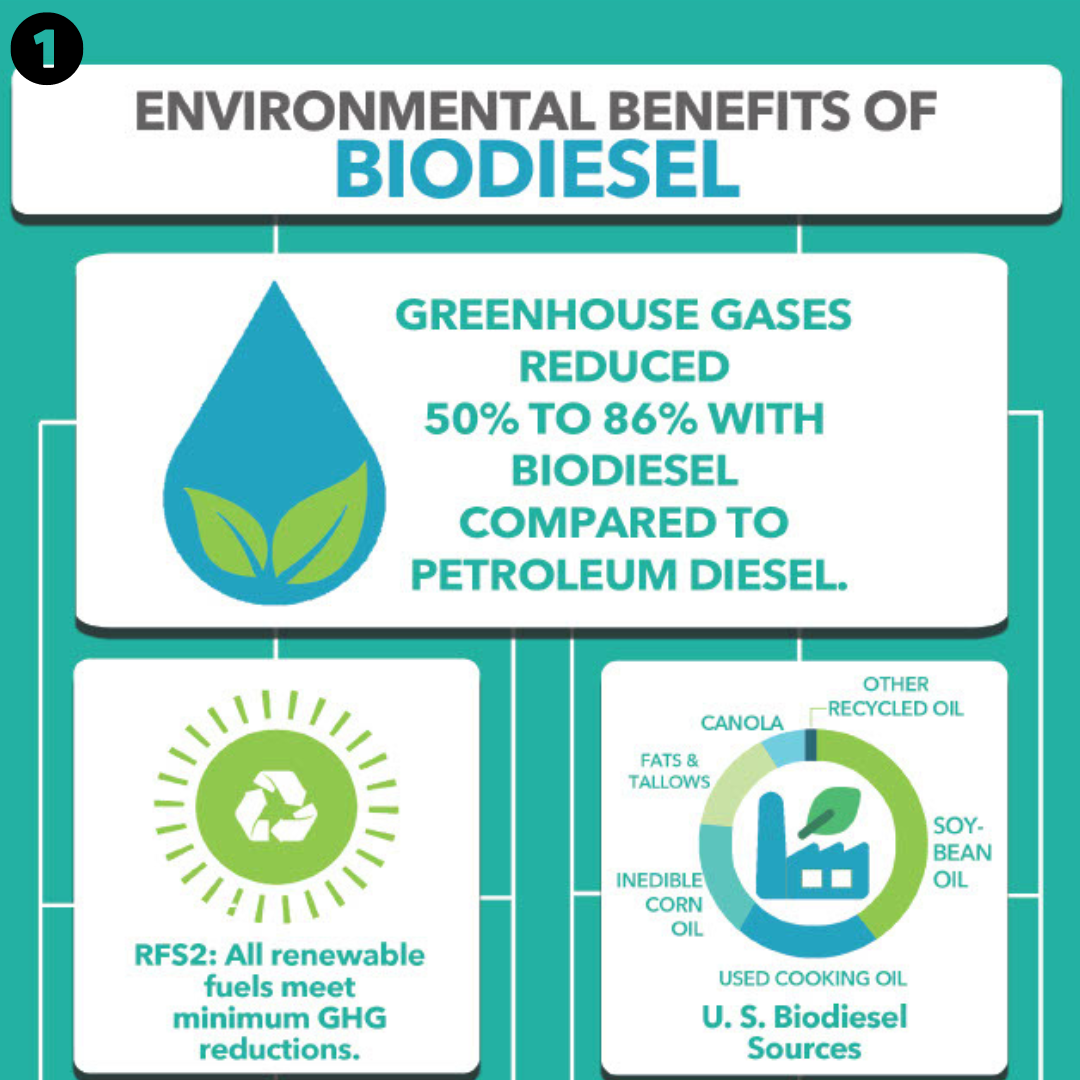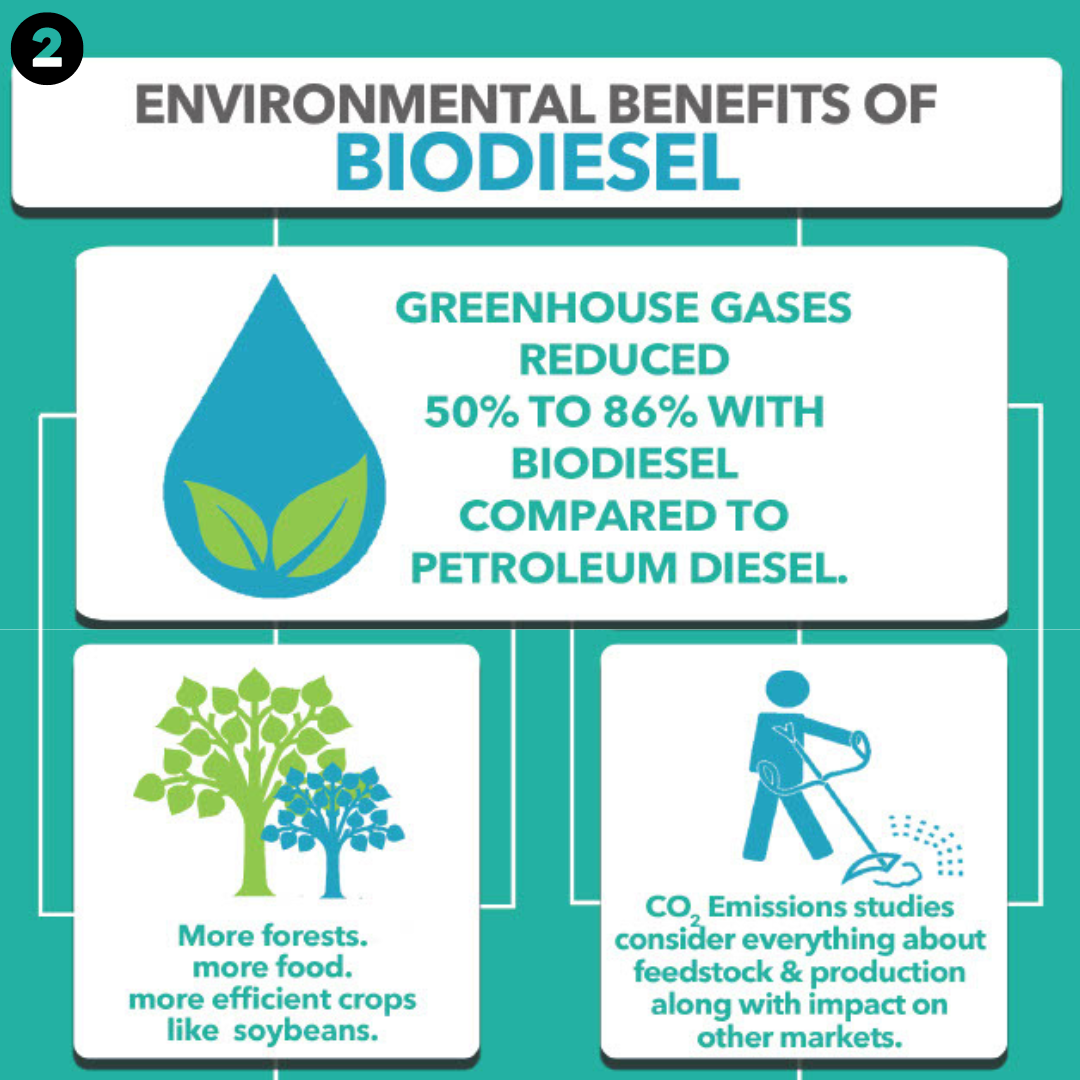In an era where sustainable energy sources are gaining popularity and importance, the quest for alternatives to fossil fuels has intensified. Bioheat fuel, also known as biodiesel or biofuel, has emerged as a promising solution to reduce our dependence on traditional heating fuels while decreasing the adverse effects of greenhouse gas emissions. In this article, we will explain the concept of biodiesel fuel, its production process, its environmental benefits, and its potential to shape a greener future.
Biodiesel: A Sustainable Solution for a Greener Future
Biodiesel is a renewable energy source derived from organic materials, such as plant-based oils and animal fats. These raw materials undergo a process called transesterification, where they are chemically converted into biodiesel. Biodiesel is then blended with traditional heating oil to create a cleaner-burning fuel suitable for heating homes, buildings, and industrial applications.

Environmental Benefits of Biodiesel
Reduced greenhouse gas emissions
Unlike fossil fuels, biodiesel is carbon-neutral, meaning it releases only the carbon dioxide (CO2) that was absorbed by the plants during their growth. This significantly reduces net greenhouse gas emissions, helping combat climate change and improving air quality.
Lower particulate matter emissions
Biodieselproduces fewer particulate matter emissions compared to conventional heating fuels. Particulate matter is a major air pollutant that poses health risks and contributes to respiratory problems. By using bioheat fuel, we can reduce particulate matter emissions and improve overall air quality.
Utilization of waste products
Biodiesel can be produced from various waste streams, such as cooking oils, animal fats, and agricultural byproducts. By converting these waste products into usable energy, we can reduce landfill waste and promote a circular economy.
Energy independence and security
The production of biodiesel can be localized, reducing dependence on foreign oil imports. This enhances energy security and provides opportunities for local farmers and businesses to participate in the production and distribution processes.

Challenges and Considerations of Biodiesel
While biodiesel presents several environmental benefits, it's important to consider the following challenges and considerations:
Land and resource use
Large-scale biodiesel production can potentially compete with agricultural land and food production. Careful planning and sustainable practices are essential to ensure biofuel production doesn't compromise food security or natural ecosystems.
Feedstock availability
The availability and sustainability of feedstock sources can vary geographically. It is important to prioritize the use of non-food crops and waste materials to minimize potential conflicts with food production.
Infrastructure and distribution
Widespread adoption of biodiesel requires infrastructure modifications, including storage tanks, pipelines, and blending facilities. Developing an efficient distribution network and ensuring compatibility with existing heating systems are important considerations.
Technological advancements
Continued research and development efforts are necessary to improve biodiesel production efficiency, reduce costs, and enhance compatibility with existing heating systems. Advancements in biodiesel processing techniques, such as algae-based biodiesel, hold promise for further enhancing sustainability.
Conclusion
Biodiesel offers a sustainable and environmentally friendly alternative to traditional heating fuels. By leveraging organic waste streams and reducing greenhouse gas emissions, it contributes to a cleaner, greener future.
However, addressing the challenges associated with feedstock availability, land use, infrastructure, and technological advancements is crucial for widespread adoption.
As we move towards a more sustainable energy landscape, bioheat fuel holds immense potential in reducing our carbon footprint and fostering energy independence. By embracing this renewable energy source, we can contribute to a more sustainable and resilient planet for future generations.
ECI Comfort specializes in heating oil delivery and efficient comfort solutions. If you live in the Delaware Valley/Greater Philadelphia area and would like to find comfort within your home, visit our website or give us a call at 215 - 245 - 3200 to learn more.



